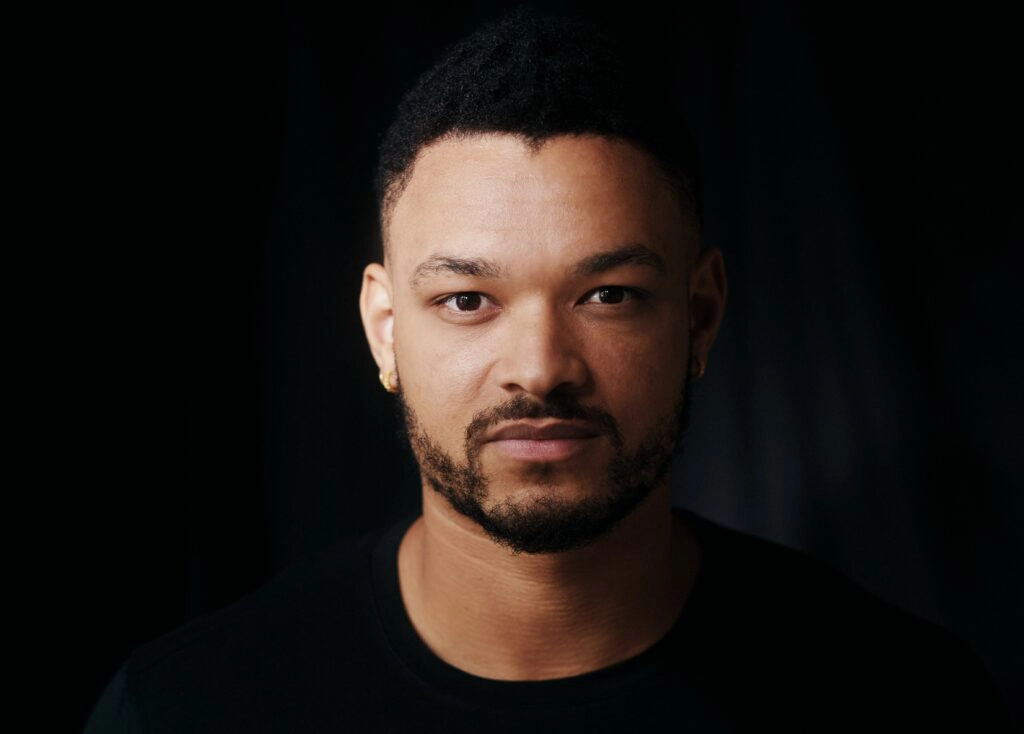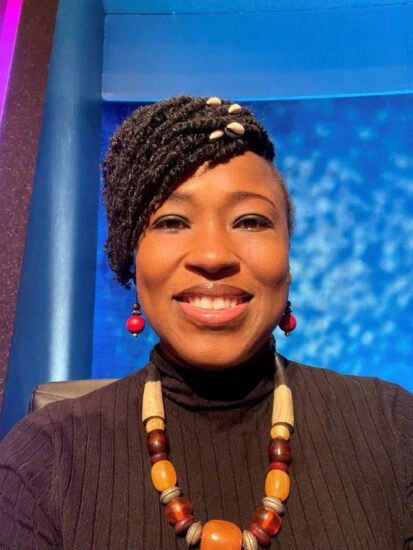Tips for Organising Diverse Panels and Speaking Events
Tips to Diversify your Speaker line-ups
It is common knowledge that diverse speakers and panelists who can offer different perspectives, voices and backgrounds make for better panels and speaking events. Not only does having a broad range of voices challenge your audience to think differently about particular topics, it also makes for much better, more engaging discussions and talking points.
We have provided you with some simple tips below to ensure that you are promoting genuinely diverse and inclusive speaking events:
-
Do not restrict yourself by choosing speakers within your personal (or even professional) network
It is a good idea to invite, hire or book speakers who are one or two degrees separated from you. When suggesting speakers to our clients, we always endeavor to make a diverse selection of suggestions at The Speakers Agency. But, if you are making an enquiry about a specific person, try to enquire about speakers whose voices are typically underrepresented within your specific topic area.
-
Allocate plenty of time for organising and booking your speakers or panelists
Ensuring that you book diverse panelists and speakers can take up more time than people who have been booked before and are well-known to you. But, it’s an investment that is well worth it. Give yourself extra time to research potential speakers.
-
Utilise help from The Speakers Agency to make your process easier
As a leading speakers bureau, we are well versed in matching speakers with clients and have a fantastic, diverse selection of speakers on our roster. So, let us do the leg work for you and search for suggestions of suitable people.
-
Make sure to invite underrepresented people FIRST
To guarantee that have a diverse line up of speakers or panelists for your event, you may have to adjust the times, dates or location of your event in order for these people to attend. As such, make sure that you have a wide selection of choices in the event that certain speakers are unavailable, and make sure that the most diverse speakers have accepted FIRST. Following this, you can fill up the remaining slots with speakers who are typically more well-represented.
-
Carefully consider your venue or streaming platform
When planning an event, your commitment should not only be to have a diverse selection of speakers, but also a diverse set of audience or participants. If hosting an in-person event, make sure to choose an accessible, disability-friendly venue. Similarly, if hosting a virtual event, consider choosing a platform that enables closed captions and is compatible with screen readers etc. While the responsibility of making your event inclusive and accessible for attendees can feel overwhelming, the easiest thing to do is give attendees the opportunity to (anonymously, if desired) share any additional accessibility requests that were not covered in the event’s access information.
-
Avoid Tokenism
When booking speakers or panelists, one person should not be asked or assumed to speak on behalf of an entire community or group of people. A single woman on a panel of men, for example, should not be asked to speak for everybody who identifies as female. In order to avoid this particular situation, aim to have your panel or speakers represent the demographics of the topic.
When planning an effective, diverse and inclusive event, obviously most of the initial responsibility falls to the event organisers. However, there are things that we as audience members can do too when attending an event in order to make sure that we are supporting diverse panels and speakers as much as possible:
-
Listen open-mindedly to the different perspectives being platformed
Whilst it is in our human nature to have expectations, we can deliberately make the choice to become better listeners and actively benefit from the diverse voices that organisers provide. Regardless of any opinions and preconceptions that we all undoubtedly have, go into events with an open mind and respect the fact that whilst each person may be totally different, everybody has been asked to speak or participate because they are an expert in their own right or brings a different perspective to the table. Recognise how we can learn from hearing these different perspectives, even if we don’t always agree.
-
If a single viewpoint is being presented, make it known
If you are at a panel or speaking event and find that one single viewpoint is being continuously expressed and reinforced, make an effort to point this out to either organisers or participants and endeavour to create a space where others can provide additional viewpoints. If it is not appropriate to point this out during an event, make it known to organisers afterwards and offer feedback that will encourage them to book more diverse, speakers or panelists for future events.
For help securing a diverse range of speakers or panelists for your next event, contact The Speakers Agency on +44(0)1332 810481 or email enquiries@thespeakersagency.com today.







